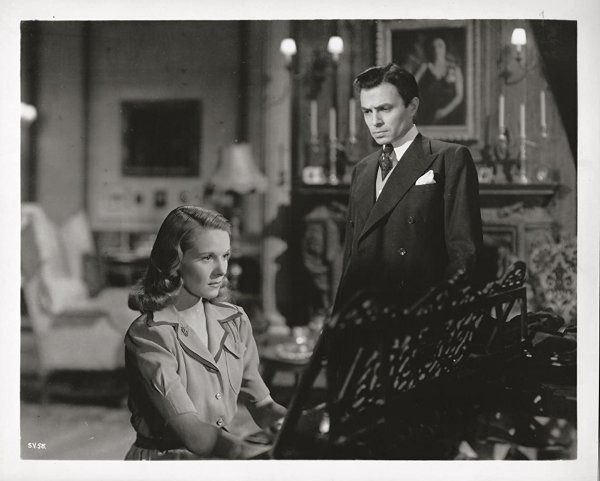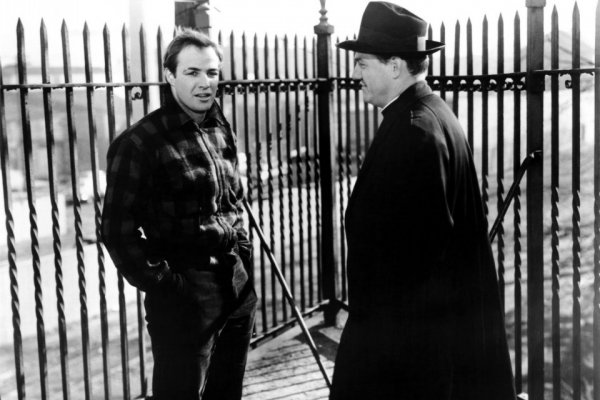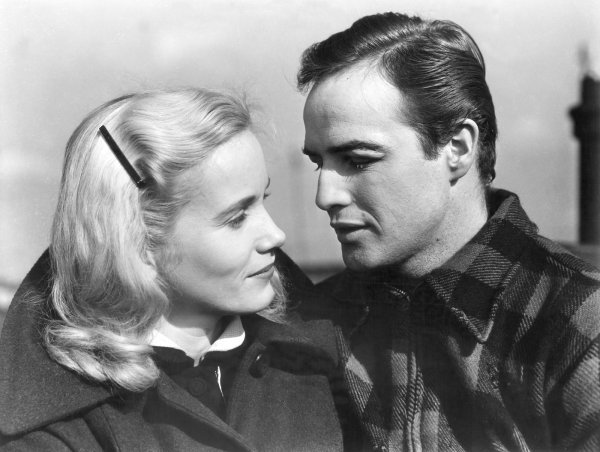AmateisGal
I'll Lock Up
- Messages
- 6,126
- Location
- Nebraska
Oh yes, I've made exceptions for those two. I've watched "His Girl Friday" and the fast moving dialogue irritates me. (Sorry!). I've seen "Jezebel," as well.My well-restored recommendations for you to (full disclosure of my agenda) change your opinion would include "Dinner at Eight," "His Girl Friday" (a top-ten all time for me - Rosalind Russells is incredible), "Robin Hood" (has you written all over it) and "The Petrified Forest." Okay, I can't stop, "Holiday," "King Kong," "Jezebel," "The Thin Man," I'll stop, but I don't want to.
Edit Add: I assume you've already made exceptions for "Wizard of Oz" and "Gone with the Wind."


